Chairman of the Romanian Academy Ioan-Aurel Pop on Wednesday paid homage to late academician Solomon Marcus, saying that the latter dreamed of a world with educated and cultured people, with concern for school, for physical and spiritual health, for people and kindness, for Romania and for humanity.
In the opening speech to the homage session "Solomon Marcus Centenary" in the Auditorium of the Romanian Academy, the historian recalled a time when authorities tried to take out History, Geography and Latin from the school curriculum, a moment when he approached the commemorated academician.
"From time to time, as you know, the classical school subjects, in the sense of models, inherited from the Renaissance onwards, are attacked, condemned, blamed for the evils of Romanian education. In a way, it is understandable, because you have nowhere to put all kinds of new educations, hygienic, sexual, entrepreneurial, financial-banking, circulation on public roads, I have heard now that it has been proposed in Parliament, you have nowhere to put them all, because time does not dilate and students' schedules do not dilate. And then, the most vulnerable subjects that had to be removed, in order to make room for others, were History, Geography, and also the Latin language, considered by some to be useless or almost useless. Given the circumstance, I approached academician Solomon Marcus, after hearing him praise the Latin language," said Pop.
He added that he has rarely heard in his life "praises of the Latin language as academician Solomon Marcus knew how to do, a language that he always regarded as the language of universal culture, as the mother tongue of Latinity, of the Romance languages and, implicitly, of the Romanian language."
"The academician's efforts bore fruit then, because his impeccable logic conquered most of the decision-makers. And you know that Latin has remained in the seventh grade, an hour a week. Anyway, it was not a good time, the seventh grade is not suitable for children to learn Latin. He spoke to us here, in the auditorium and in other places of the academy, about the role of the Greco-Roman heritage, about the classical linguistic heritage, which we find in the technical sciences, in Pharmacy and in Medicine, in general, in Botany, in Law and Legal Sciences, in Linguistics and even in the science of computers that he was mostly in charge of and that he knew from the depths. He presented the Grammar of the Latin Language as a logical framework capable of disciplining the mind. Some notions of Latin grammar, he said, become a key to the logical acquisition of the Romanian language, of other languages and not only of the Indo-European ones."
he chairman of the Academy said that he counted, together with academician Solomon Marcus, the words of Graeco-Latin origin on the front page of "World" and the result was surprising, about 80% of them being Latin or Graeco-Latin.
"Then how can we stop learning Latin and for what purpose? To ignore our origins? To increase knowledge? To increase illiteracy? Academician Solomon Marcus then stopped the avalanche of modernisation of education and showed those who had the power in their hands what the point of Latin, History, Geography, Romanian Language, Foreign Languages, that is, those disciplines that form the general culture and the horizon of the living man among people. A mathematician had to do this. But what a mathematician! Academician Solomon Marcus dreamed of a world with educated and cultured people, with concern for school, for physical and spiritual health, for people and kindness, for Romania and for the humankind. Today he has reached the centenary age, he is contemporary with us, he watches over us from above with his inquisitive spirit, he guides and helps some of us, who want to listen to his message, not to make mistakes. We remain eternally grateful to him," concluded Pop.
Organised as part of the UNESCO 2025 anniversaries by the Mathematical Sciences Section of the Romanian Academy and the Romanian National Commission for UNESCO, the homage session "Solomon Marcus Centenary" commemorating the illustrious mathematician on his 100th birth anniversary brought together, among the speakers, personalities from the academic and cultural world.
An accomplished scholar, Solomon Marcus (1925 - 2016) impressed with his vast research activity, covering multiple fields of thought: mathematical analysis, mathematical linguistics, theoretical computer science, mathematical poetry, semiotics, history and philosophy of science, mathematical models in the natural sciences and in the social-humanistic sciences. His work is said to impresses by depth and rigor of the ideas, which awaken in the reader a desire for deep knowledge, the word that best defines his activity being interdisciplinarity.

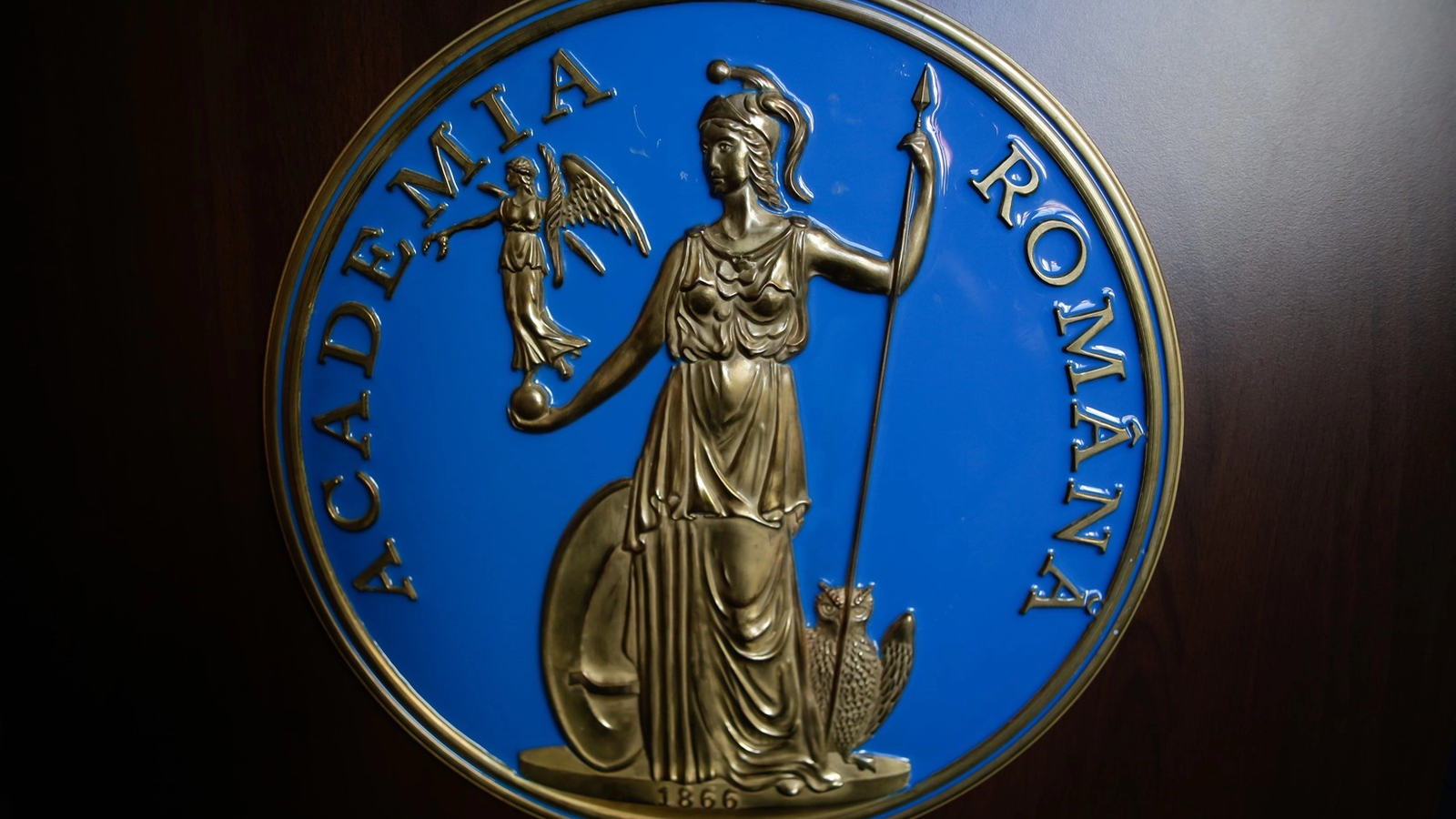
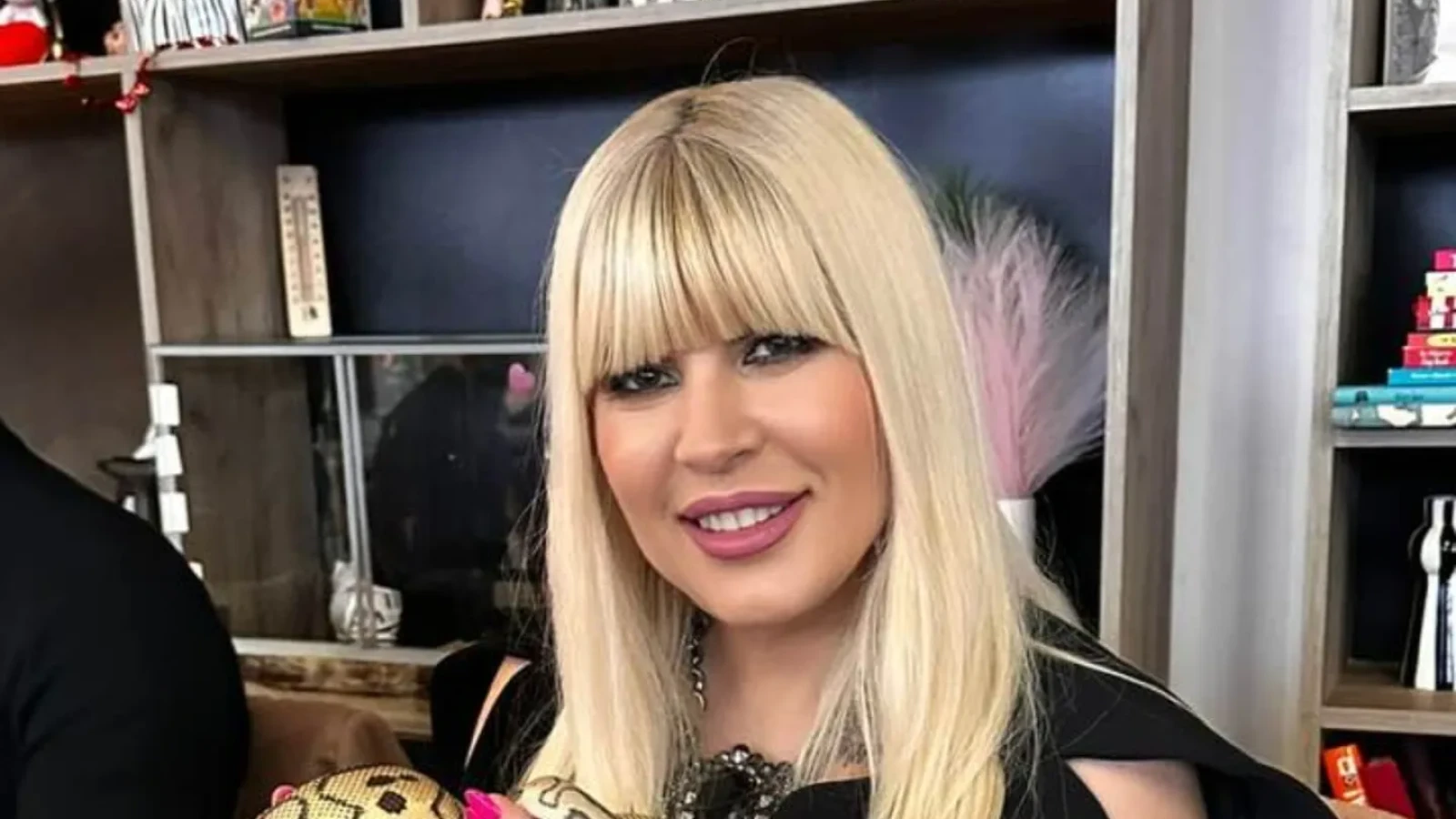
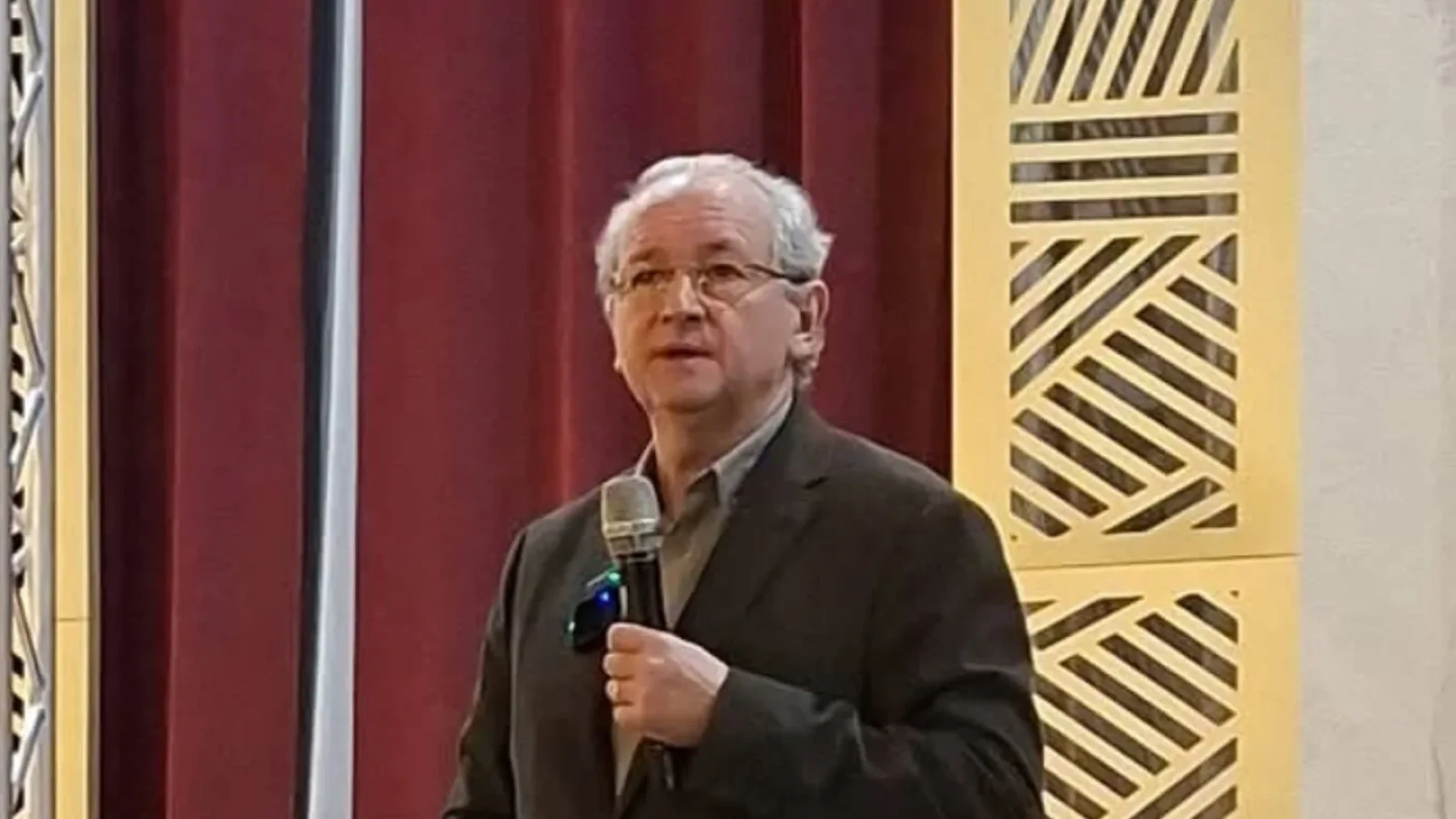

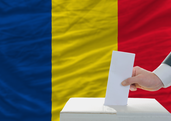


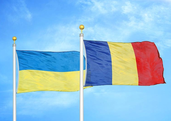

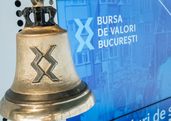
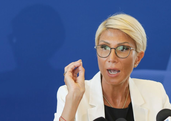
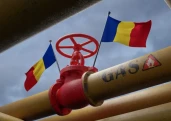
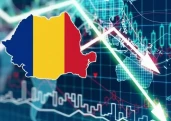
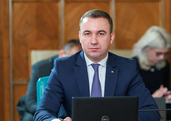

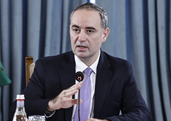
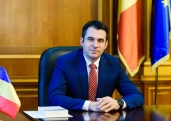



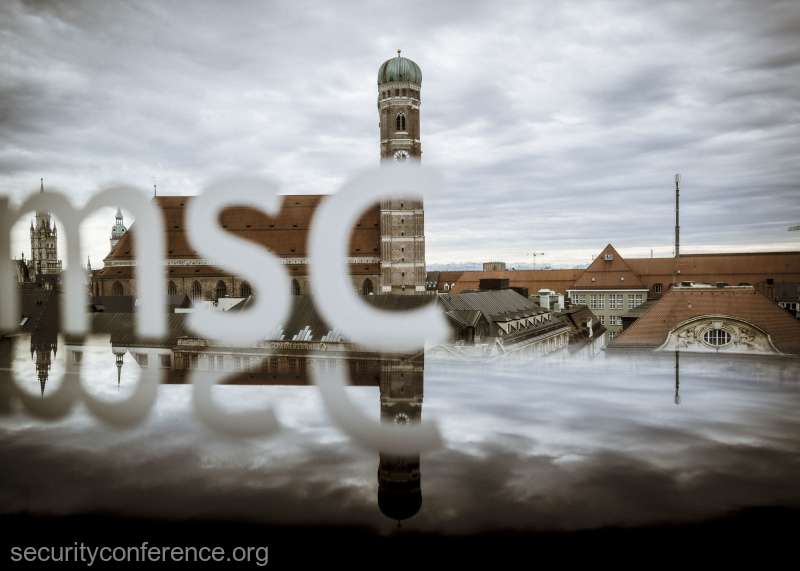
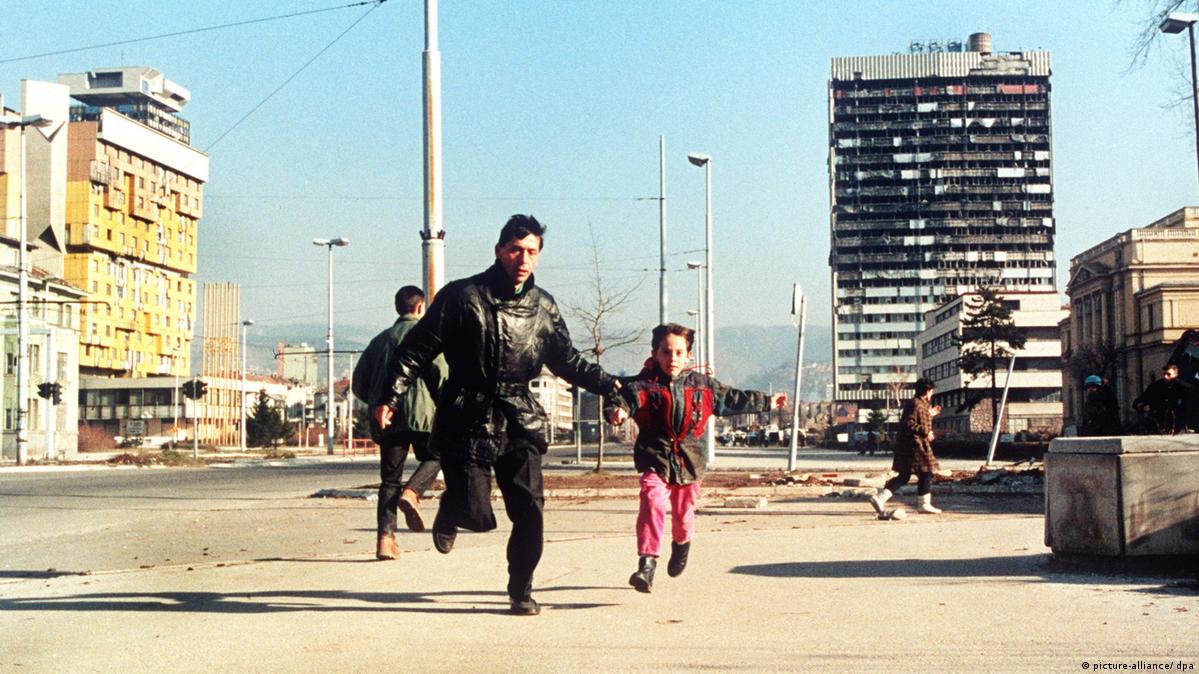
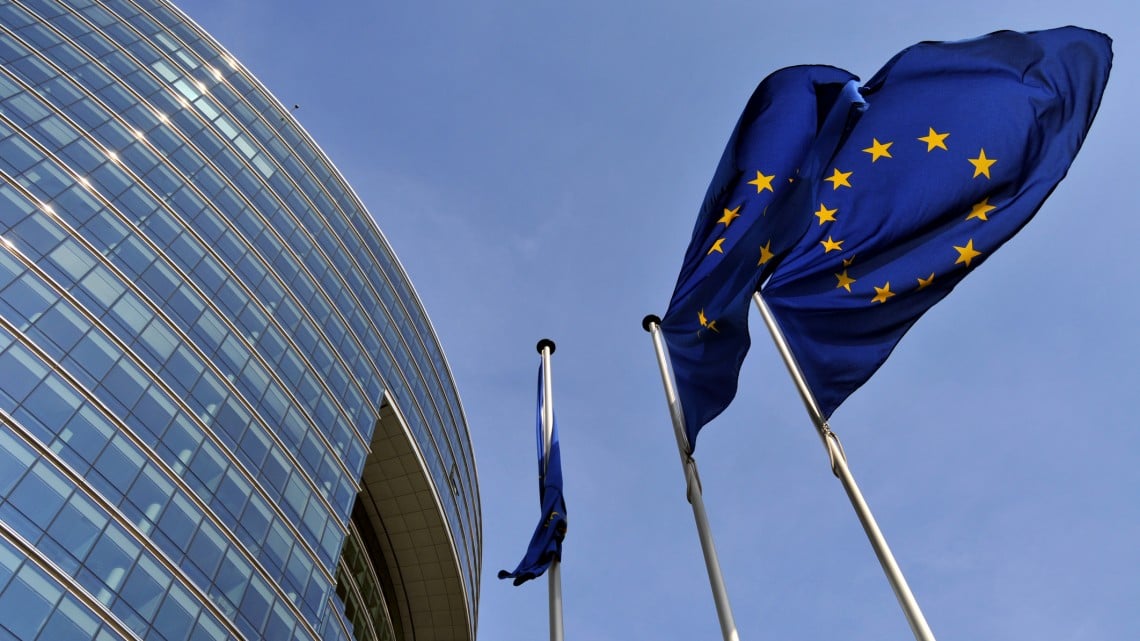
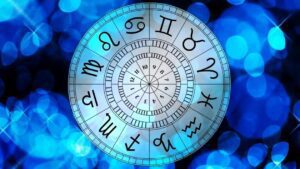
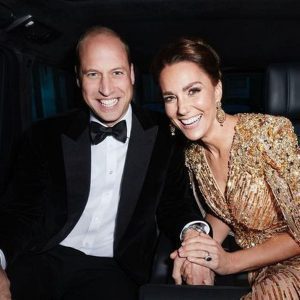


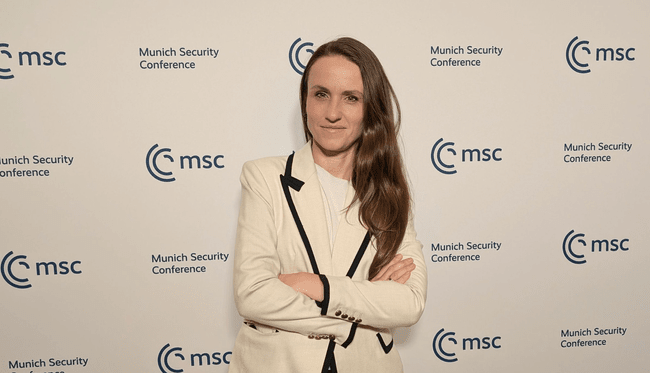



Comentează